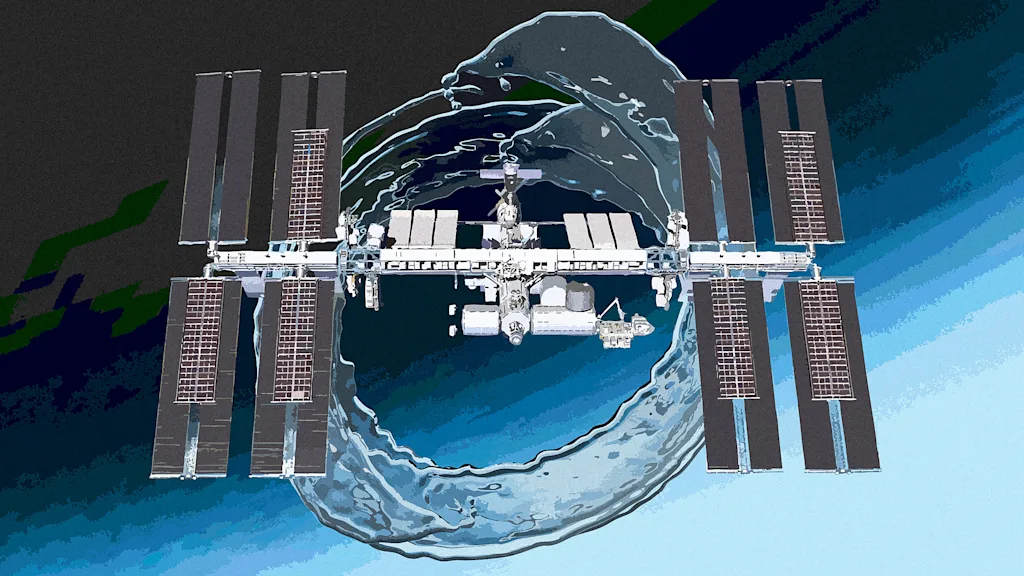
"Clean water keeps an astronaut crew hydrated, hygienic, and fed, as it can use it to rehydrate food. Recovering used water is a cornerstone of closed-loop life support."
"NASA recycles over 90% of water used in space, which significantly reduces the payload burden, allowing more space for essential equipment rather than merely carrying water."
"Water systems on the ISS collect water from various sources such as urine and moisture in cabin air, highlighting the innovative approaches required for sustainability in microgravity."
"The environmental control and life support system manages air and water quality and is crucial for the health and safety of astronauts in space."
NASA's development of an advanced water recycling system has significantly reduced water as a payload on missions to the International Space Station (ISS). Before this system, water constituted nearly half of the shuttle's cargo. Researchers, including environmental engineers, have created closed-loop water recovery systems that recover over 90% of used water, crucial for astronaut hydration, hygiene, and food preparation. This technology plays a vital role in future space missions, as it contributes to life support systems that ensure astronaut safety and sustainability in microgravity environments.
Read at Fast Company
Unable to calculate read time
Collection
[
|
...
]